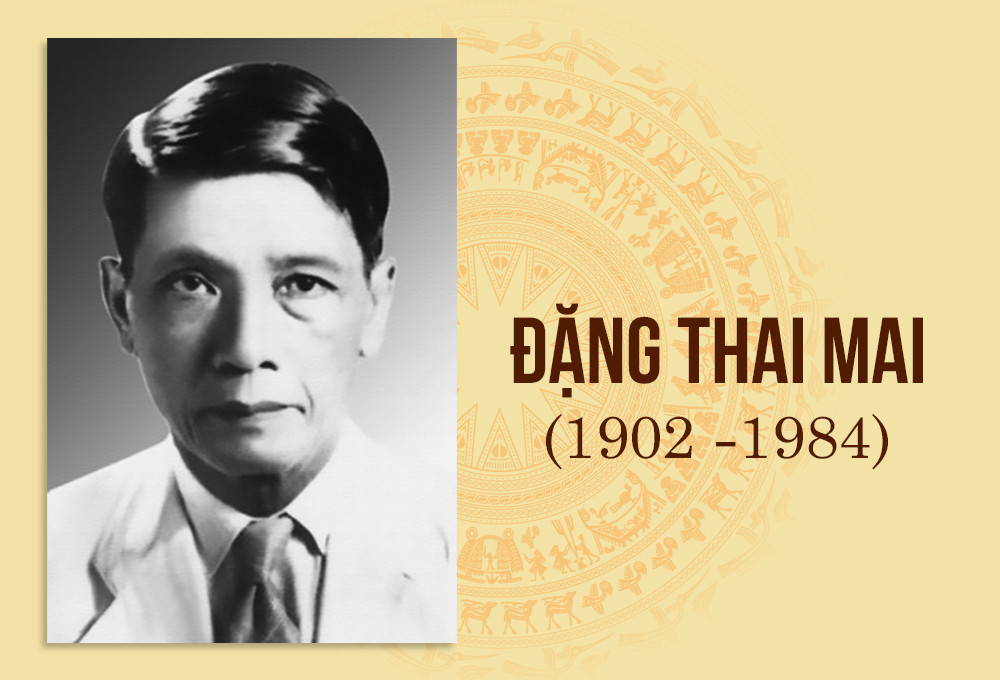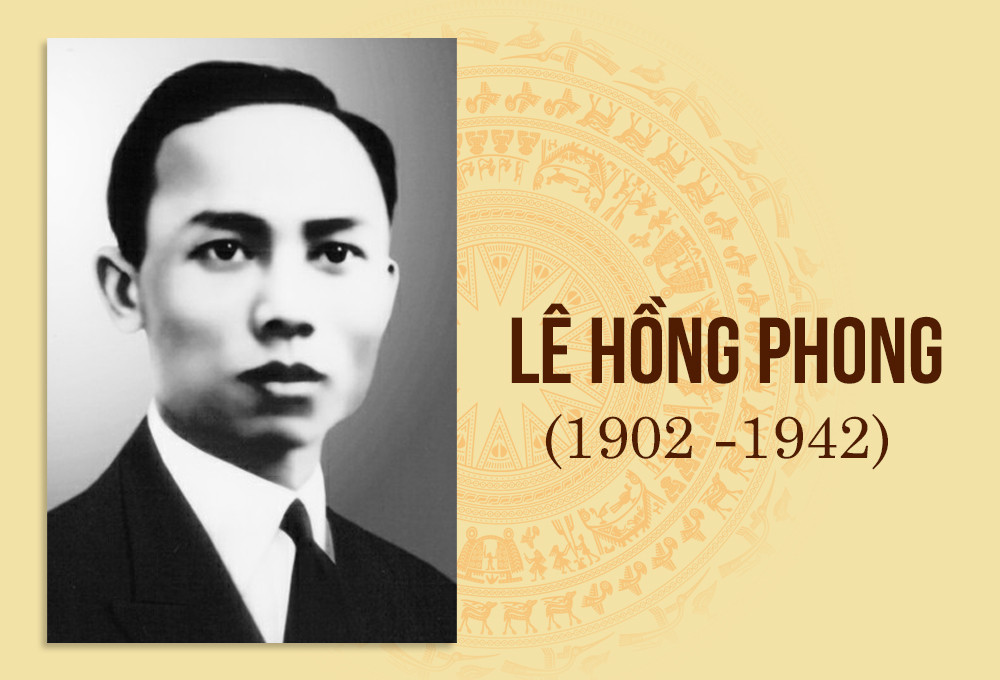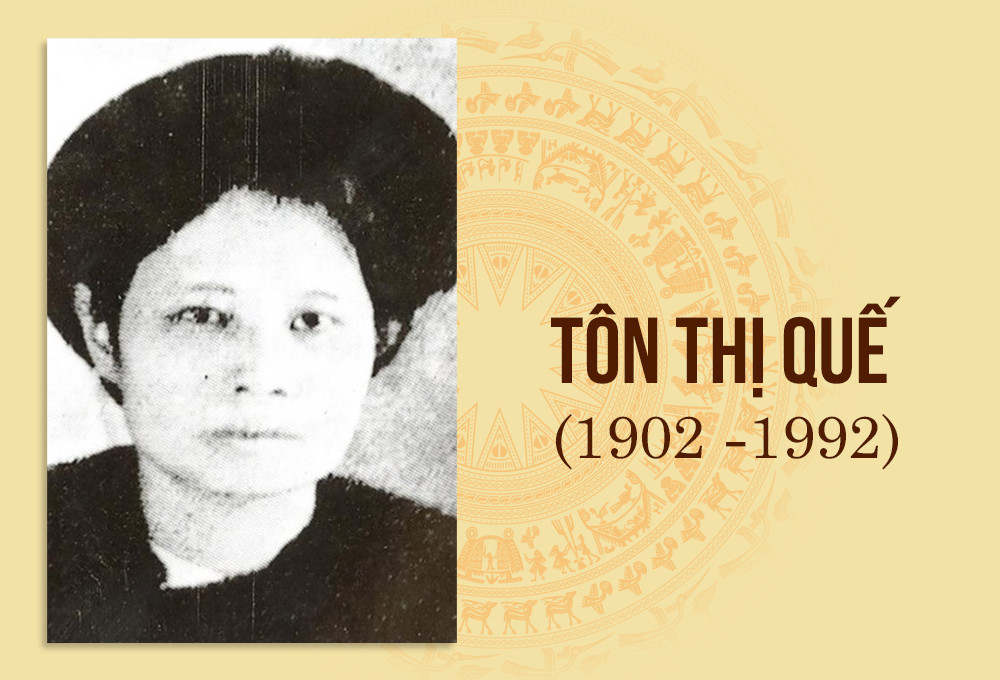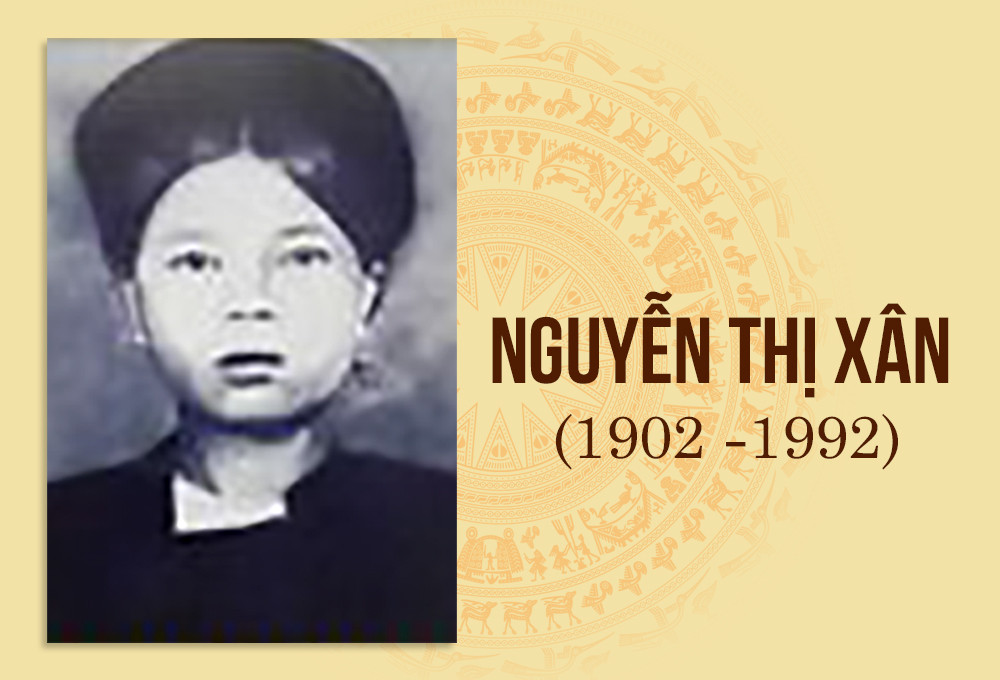Celebrity - revolutionary soldier from Nghe An born in the year of the Tiger 1902
(Baonghean.vn) - Dang Thai Mai, Le Hong Phong, Ton Thi Que and Nguyen Thi Xan are famous people - revolutionary soldiers from Nghe An born in the year of the Tiger 1902.
 |
Professor, Writer, Literary ResearcherDang Thai Mai, born in the year of the Tiger, December 25, 1902, in Luong Dien village, now Thanh Xuan commune, Thanh Chuong district, Nghe An province; his father was Vice-Chancellor Dang Nguyen Can, an official to the Inspectorate of Ha Tinh, Binh Thuan, Nghe An provinces, a patriotic scholar in Phan Boi Chau's Duy Tan movement...
During his revolutionary activities, Dang Thai Mai was appointed by the Party and State to hold important positions: Minister of Education; Chairman of the Thanh Hoa Provincial People's Committee; continuously a National Assembly delegate; Chairman of the Vietnam Union of Literature and Arts Associations; Director of the Institute of Literature.
Dang Thai Mai left behind monumental works and projects. Our Party and State recognized his contributions and awarded him noble prizes: the first Ho Chi Minh Medal; the Ho Chi Minh Prize for Literature and Arts in 1996...
 |
Le Hong Phong, also known as Le Huy Doan, alias Tri Binh, from Thong Lang village, Phu Long commune, now Hung Thong commune, Hung Nguyen district. His father was Le Huy Quan...
From patriotic activities, in 1924, he and Pham Hong Thai were sent to Guangzhou, met Ho Tung Mau, Le Hong Son and joined the Tam Tam Xa organization. At the end of 1924, he was trained by Nguyen Ai Quoc in Marxism-Leninism and international activities; he was admitted to the Vietnam Revolutionary Youth Association...
At the 7th Congress of the Communist International (July 1935), he was elected as an alternate member of the Executive Committee of the Communist International. In 1946, Le Hong Phong was sent back to the country to work as a representative of the Communist International to the Central Committee of the Indochinese Communist Party.
In 1938, he was arrested by the French colonialists in Saigon and sentenced to 10 months in prison. After his prison term ended, he was sent back to his hometown under house arrest (1939). Before he could contact the Party, he was arrested again, imprisoned in Saigon Central Prison, and then exiled to Con Dao. He was brutally beaten and interrogated by the prison guards until he became seriously ill and died on September 6, 1942, in Con Dao Prison.
 |
Her childhood name was Ton Thi Em, born on August 10, 1902 in Vo Liet commune, Thanh Chuong district. When she got married, she was called by her husband's name, Nho Dinh. Her father was a teacher named Ton Thuc Dich (1875-1929). A famous revolutionary celebrity.Ton Quang Phietwas her brother. In 1926, Ton Thi Que contacted Nguyen Thi Minh Khai in Vinh. She pretended to be a merchant to operate, providing funds for the Indochinese Communist Party of Thanh Chuong Headquarters.
During the demonstration of 3,000 Hanh Lam farmers who burned down Ky Vien Plantation; and then of more than 100 students of the French-Vietnamese Thanh Chuong School, she went to all the villages in the district to propagate and mobilize the establishment of the Women's Liberation Association and the Red Farmers' Association. She was active and made positive contributions to the Nghe Tinh Soviet movement of 1930-1931 and in 1945, together with her comrades, participated in the General Uprising to seize power in the locality.
After the success of the August Revolution, Ton Thi Que continued to work in Women's Affairs. On January 6, 1946, she was elected as a delegate to the first National Assembly of the Democratic Republic of Vietnam and continued to be a delegate to the second National Assembly. She was appointed as a member of the Central Committee of the Vietnam Women's Union, then became Deputy Director of the Supreme People's Procuracy. She was awarded many noble awards by the Party and the State such as the Gold Star Order, the Ho Chi Minh Order...
 |
She also had the alias Truc, Chinh, born in the year of the Tiger (1902) in Ky Tran village, Thuong Xa commune, now Nghi Truong commune, Nghi Loc district. She was born into a patriotic Confucian family. Her grandfather was Bachelor Nguyen Nang Tinh (1795-1876), a mandarin who served as a Royal Historian, then resigned and returned home to open a school. Her father was Bachelor Nguyen Nang Canh, a Confucian scholar who did not cooperate with the enemy. Her classmatesPhan Boi Chau.
The Phuc Viet Association was established in Vinh - Ben Thuy (July 14, 1925). Nguyen Thi Xan and her younger sister Nguyen Thi Thiu were guided by Nguyen Thi Minh Khai and other key members of the Party to join the organization to participate in revolutionary activities (March 1928). They were arrested by the enemy three times and brutally tortured, but still maintained their will to fight for the revolution.
She has held many important positions in the Party: Member of the Central Women's Committee, Secretary of the Nghe An Provincial Women's Party Committee, President of the Vietnam Women's Union. She was awarded the First Class Independence Medal by the Party and the State; the First Class Anti-American National Salvation Medal; the 50-year Party membership badge and many other noble awards. She died in 1992 in Hanoi.
